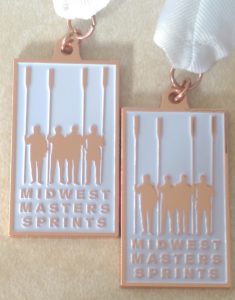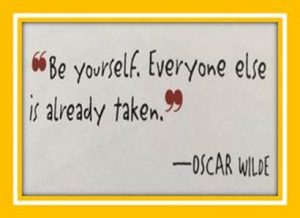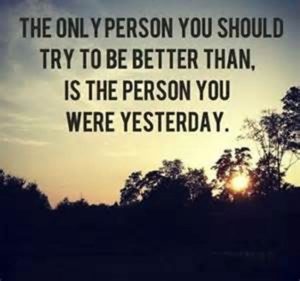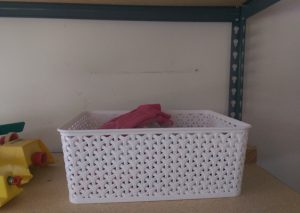The willows in my backyard (shown in this post last summer) have been somewhat neglected the past few years, I have to confess. Some small branches died in the frigid winter of 2014, and I never got around to pruning them off. My husband carefully maneuvered the push mower around them for the past two summers without complaining, and finally he said, “Hey, Meg, can you prune these willows, there’s always dead stuff poking me when I walk around them.”
So I’ve been going outside to work on them every weekend when he’s mowing, and it makes quite a difference! The ones that have been pruned so far are looking much better. Instead of having small dead branches sticking out all around, they look neat and tidy.
Walking around them feels much better, too. There’s an inviting sense of openness that wasn’t there before. The air seems to circulate more freely, even if it hasn’t really changed that much, and it feels more comfortable in general. Sometimes pruning away old dead stuff can make a big difference—both in the yard and in life generally!
Nurturing Thursday was started by Becca Givens and seeks to “give this planet a much needed shot of fun, support and positive energy.” Visit her site to find more Nurturing Thursday posts and a list of frequent contributors.










